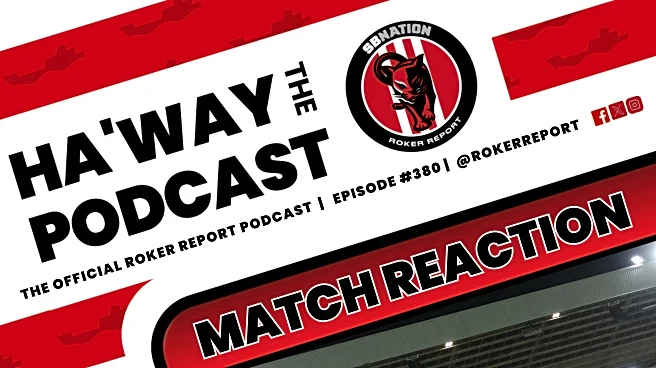What's Happening?
The article draws parallels between the economic environment of the 1920s and the current era under President Trump, focusing on the concept of 'regulatory capture.' This phenomenon describes how Wall
Street and big business have co-opted regulatory bodies and political power, leading to a lack of accountability and oversight. The piece highlights historical examples from the 1920s, such as market manipulation and political influence, and compares them to contemporary issues like Trump's tax cuts and regulatory rollbacks.
Why It's Important?
The capture of regulatory and political institutions by financial interests poses significant risks to economic stability and integrity. It can lead to unchecked market practices, increased inequality, and a loss of public trust in economic systems. The article suggests that the current political and economic climate under Trump mirrors the conditions that led to the 1929 stock market crash, raising concerns about potential financial and moral collapse.
What's Next?
The continuation of these trends could result in further erosion of regulatory oversight and increased vulnerability to economic crises. Stakeholders, including policymakers and financial institutions, may need to address the influence of big business on government to prevent future economic instability. Public awareness and advocacy for stronger regulatory frameworks could play a role in countering these trends.
Beyond the Headlines
The moral implications of regulatory capture extend beyond economic consequences. It challenges societal norms about fairness and accountability, potentially altering public perceptions of acceptable business practices. The normalization of such practices could lead to a broader cultural shift where ethical considerations are sidelined in favor of financial gain.









